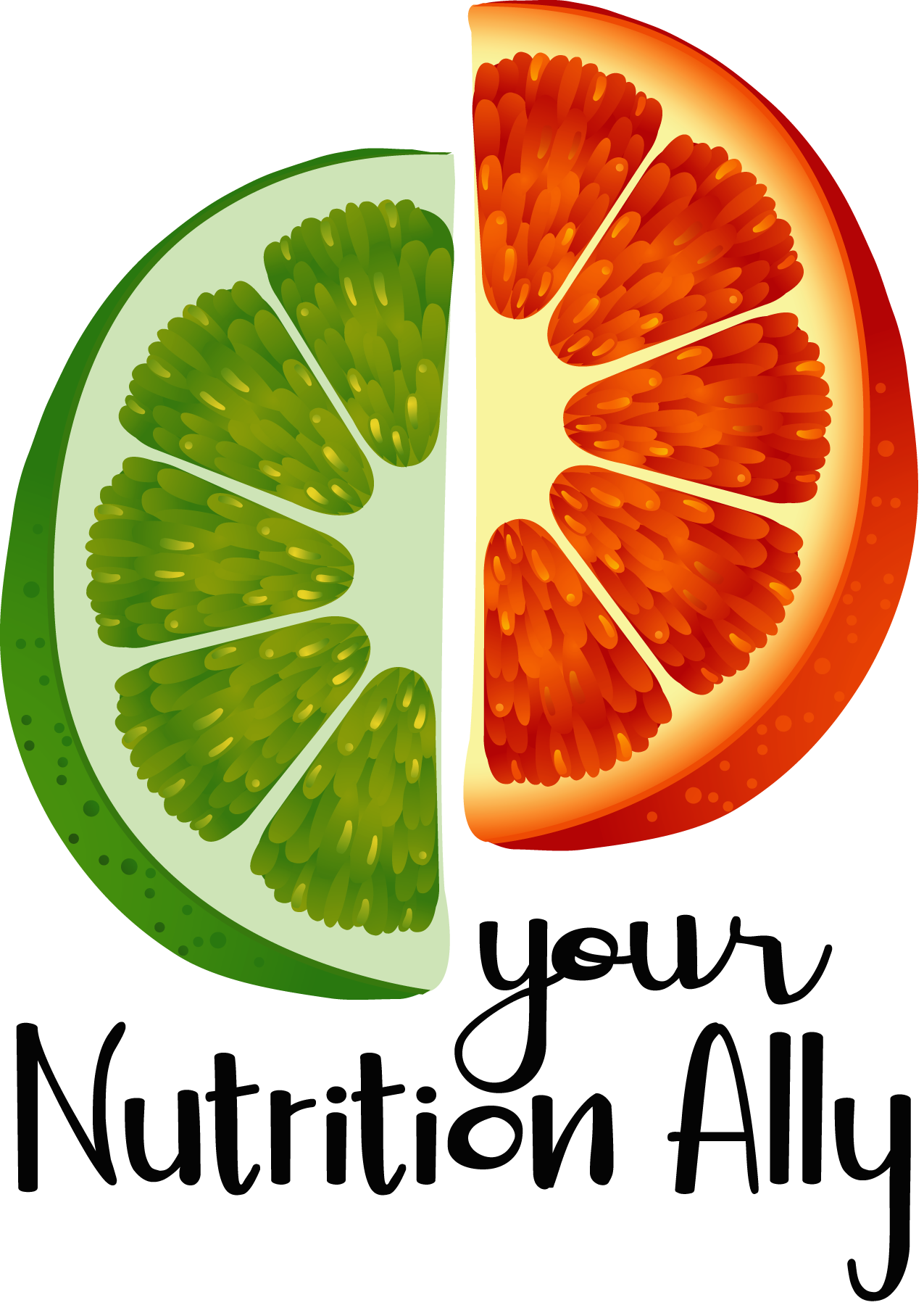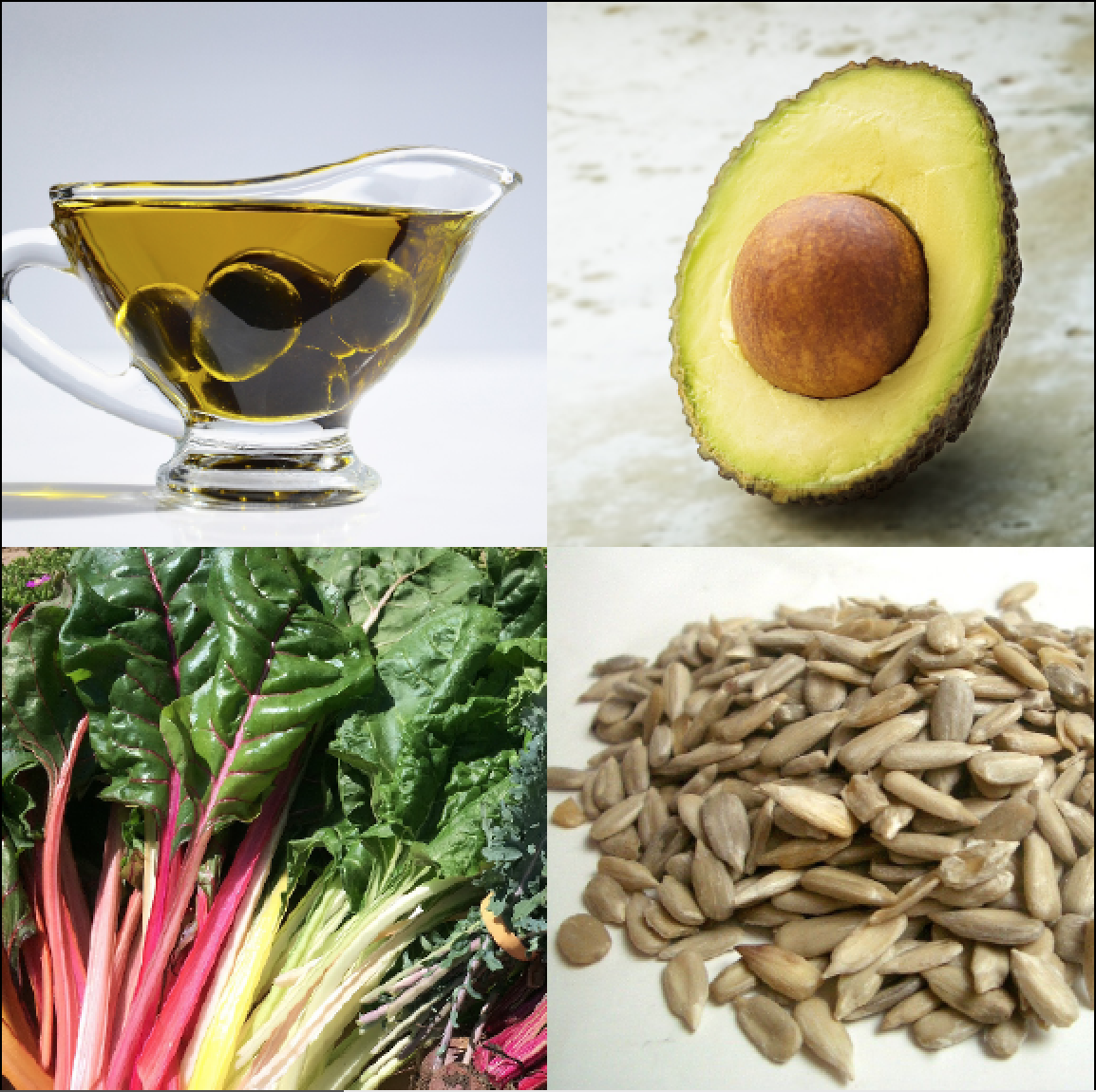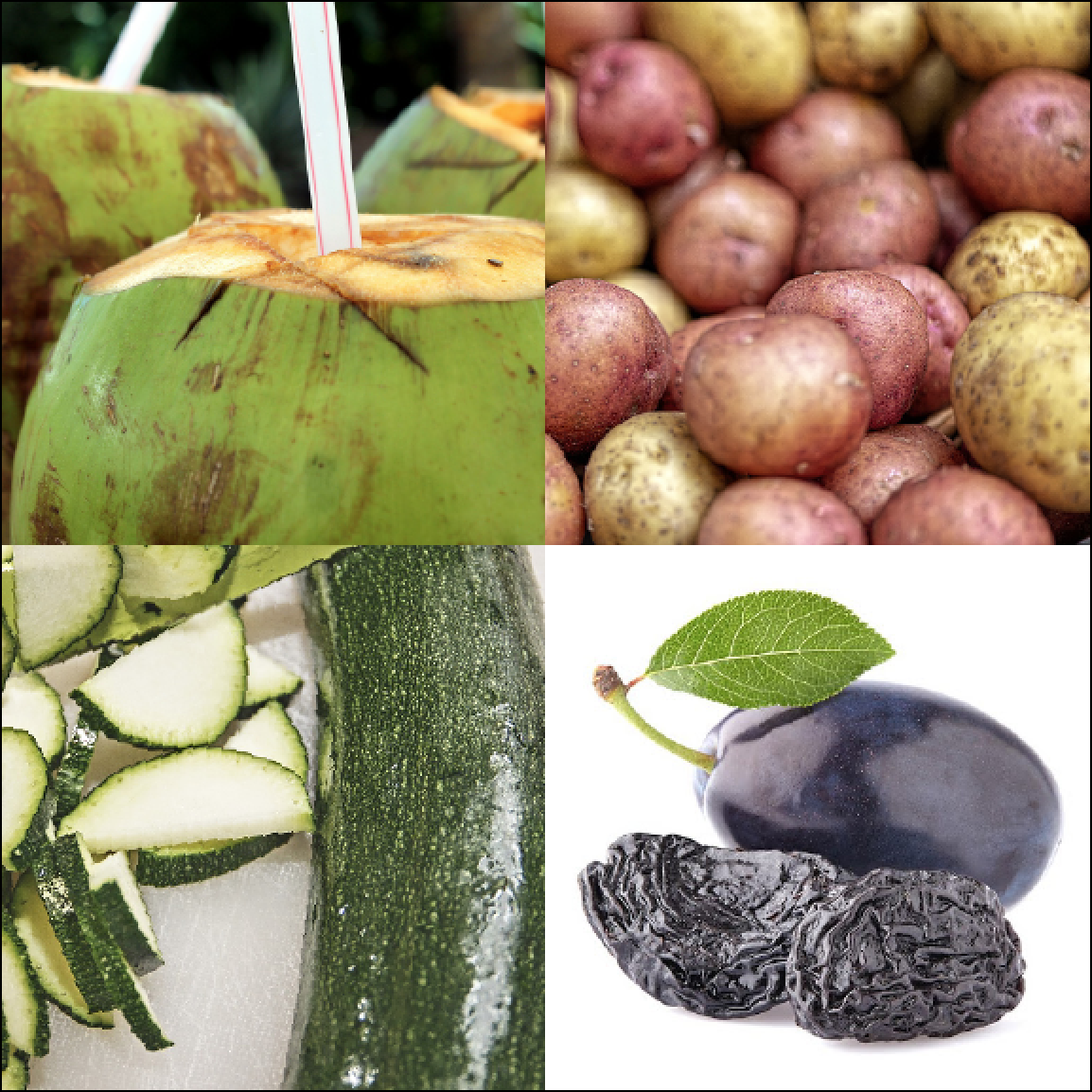food nutrients for stronger immunity
We humans lower our immune strength when we consume an abundance of refined foods and too few veggies (that feed gut bacteria with their good fiber and loads of vitamins and minerals). Use of antibiotics can kill the good and bad bacteria in our intestines, and an overuse of sweeteners can trigger overgrowth of certain bacterial strains that may override more beneficial strains. To become more resistant to infection, it is important to start by balancing the community of bacteria in our intestines.
Reduce sugar in all its forms. Sugar decreases the ability of our white blood cells to fight off infection.
Get plenty of fiber from whole vegetables and fruit with skins.
Drink lots of filtered water and herbal teas. This keeps the mucosal cells hydrated to function as a barrier to intruders and pathogens.
Provide underlying support for hundreds of enzyme activities and energy production with a full complex of B vitamins in leafy greens, grass-fed meats and pastured eggs, grass-fed milk (whole fat) in moderation, fish, and seeds.
vitamin A
Antioxidant to stop damaging free-radical cascades. Supports cell growth and specialization, up-regulates white blood cell and natural killer cell activities.
Red/purple produce, legumes, (beef) liver, cold-water/ wild-caught fish oils, chili peppers, carrots, dandelion root, dried apricots, kale, sweet potato, parsley, spinach, mustard greens, mangoes, Hubbard and butternut squash, cantaloupe, apricots, broccoli.
Pro-vitamin A carotenoids are found in green plants, orange, red, yellow, and pink produce, grass-fed butter.
vitamin C
Antioxidant. Offsets stressed immune system’s production of free radicals by donating hydrogen ions to neutralize the harmful oxidizers. It enhances iron absorption and helps to recycle glutathione.
Red/orange bell peppers, orange, strawberries, broccoli, potato, tomato, kiwi, cauliflower, thyme, parsley, kale, papaya, citrus fruits including grapefruit, berries, spinach, cantaloupe, papaya, mango, guava.
choline
A vitamin-like essential nutrient that supports cell membranes, detoxification, and the production of
mood hormones.
Grass-fed milk, pastured egg yolks, peanuts, shrimp, cod, grass-fed liver (beef, chicken), turkey, salmon.
vitamin D
Anti-inflammatory. Increases production of cathelicidin, an anti-microbial molecule. Most immune system cells have a vitamin D receptor.
Cold-water healthy fat fish (salmon, sardines, mackerel, cod, herring), cod liver oil, grass-fed butter, eggs, fish eggs, mushrooms.
Manufacture vitamin D in the skin with regular, modest sun exposure.
vitamin E
Antioxidant. Strengthens cellular immunity.
Olive oil (use cold), almonds, hazelnuts, tomato, spinach, carrots, avocado, sunflower seeds, Swiss chard.
vitamin K
Needed for absorption of Vitamin C, enhances Vitamin D uptake. K2 is created by bacteria in some fermented foods (kim chee, sauerkraut) and in our intestines.
K1 (phylloquinone): Asparagus, green leafy vegetables, cabbage, kale, green onions. K2 (menaquinones): animal livers, some fermented foods, grass-fed butter.
plant pigments
Phytochemicals, bioflavonoids, polyphenols such as quercetin, EGCG, and rutin, are among thousands of anti-inflammatory and health protective compounds. Think rich color!
Buckwheat, figs, black and green tea. A rainbow of colors from preferably organic produce: beets, berries, citrus, leafy greens, asparagus, purple cabbage/onion, tomatoes, red grapes, yellow squash, green zucchini and beans, bright apples with skin, eggplant, cantaloupe, pumpkin.
glutathione
A super antioxidant produced in the body from certain food sources (sulfur is a key ingredient). Supports immune cells that fight bacteria and viruses. Healthy lungs require a large amount for peak function; aging decreases our ability to produce this.
Broccoli, cauliflower, kale, watercress, cabbage, bok choy, Swiss chard, Brussels sprouts, mustard greens, arugula, collard greens, garlic, onion, spinach, avocado, asparagus, okra, radish, mushrooms, grass-fed beef/poultry, and fish.
calcium
Supports phagocytes to attack bacteria and viruses. Requires Vitamins C, D, K, E, along with minerals Magnesium and Boron to be properly absorbed.
Sesame (tahini), chia seeds, soaked and rinsed beans: navy, black, kidney; lentils, almonds, collards, parsley, watercress, bok choy, kale, organic soy (tofu), broccoli raab, sardines, cheddar cheese.
potassium
Supports normal cellular function in balance with other electrolytes. Needed for nerve impulses and as a co-factor for enzymes.
Potato with skin, coconut water, prunes, lima beans, acorn squash, banana, spinach, tomato, orange, cucumber, zucchini, honeydew.
selenium
Antioxidant. Provides five specialized proteins important to glutathione.
Brazil nuts, whole grains, brown rice, seafood (oysters, halibut, salmon, yellowfin tuna, crab) organ meats, poultry, sunflower seeds.
zinc
Supports immune responses, helps control inflammation. Studies have shown that zinc slows replication of influenza viruses and rhinovirus (common cold).
Raw pumpkin seeds (pepitas), turkey, dark-meat chicken, baked beans, squash seeds, sesame seeds, grass-fed beef, lamb, eggs, seafood (cooked oysters, crab), soaked/sprouted legumes and beans (chickpeas, lentils), garlic, shellfish, raw sprouts, quinoa.
healthy fatty acids
These support functional gateways in the cellular membrane for nutrients to enter and for toxins and wastes to get out. They lower inflammation, which benefits immune response. The medium-chain fatty acids in coconut oil can disrupt the membranes of various viruses with lipid (fat) coatings.
Omega-3s include DHA and EPA in cold-water, wild-caught fish (salmon, herring, mackerel, sardines), oysters, seaweed, flaxseed, chia, pumpkin, hemp seeds, walnuts; ALA in leafy veggies, micro-algaes, seaweeds, chia, flax, hemp seeds, coconut oil/coconut meat, avocado oil;
LA in grass-fed butter or ghee; Oleic acid in olive oil; Lauric acid in coconut oil is anti-bacterial and anti-viral. Grass-fed butter is a good source of butyric acid - boost your gut’s production by eating fibrous produce: artichoke, asparagus, onion/garlic, oat bran.
probiotic support
Seek out food sources that feed beneficial gut bacteria, which in turn produce pro-health compounds. An estimated 80% of our immune capacity is in the intestines. Probiotic balance also ultimately supports better mood.
Organic vegetables provide lots of natural fiber, as do fruits with skin, seeds (such as flax and chia), unsweet yogurt (whole-fat). Low-sugar fermented foods can be beneficial: grass-fed kefir, raw, unfiltered apple cider vinegar, sauerkraut, kimchee.
References:
Images: Pixabay.com; unsplash.com; your Nutrition Ally, LLC; indeedgreatcare.com
Nutrients and their biochemical attributes: Dr SA Wellspring, Namaste Clinic. Dr Elisa Song, MD, Dr Dietrich Klinghart, MD, PhD, Linda Page, ND, Nutrition Therapy Institute, Weston A Price Foundation, Integrative Medicine Academy, Linus Pauling Institute Micronutrition Center; L. Boateng, R. Ansong, WB Owusu, M Steiner-Asiedu, Coconut oil and palm oil's role in nutrition, health and national development: A review (2016); DebMandal M, Mandal S. Coconut (Cocos nucifera L.: Arecaceae): In health promotion and disease prevention (2011), healthline.com.














